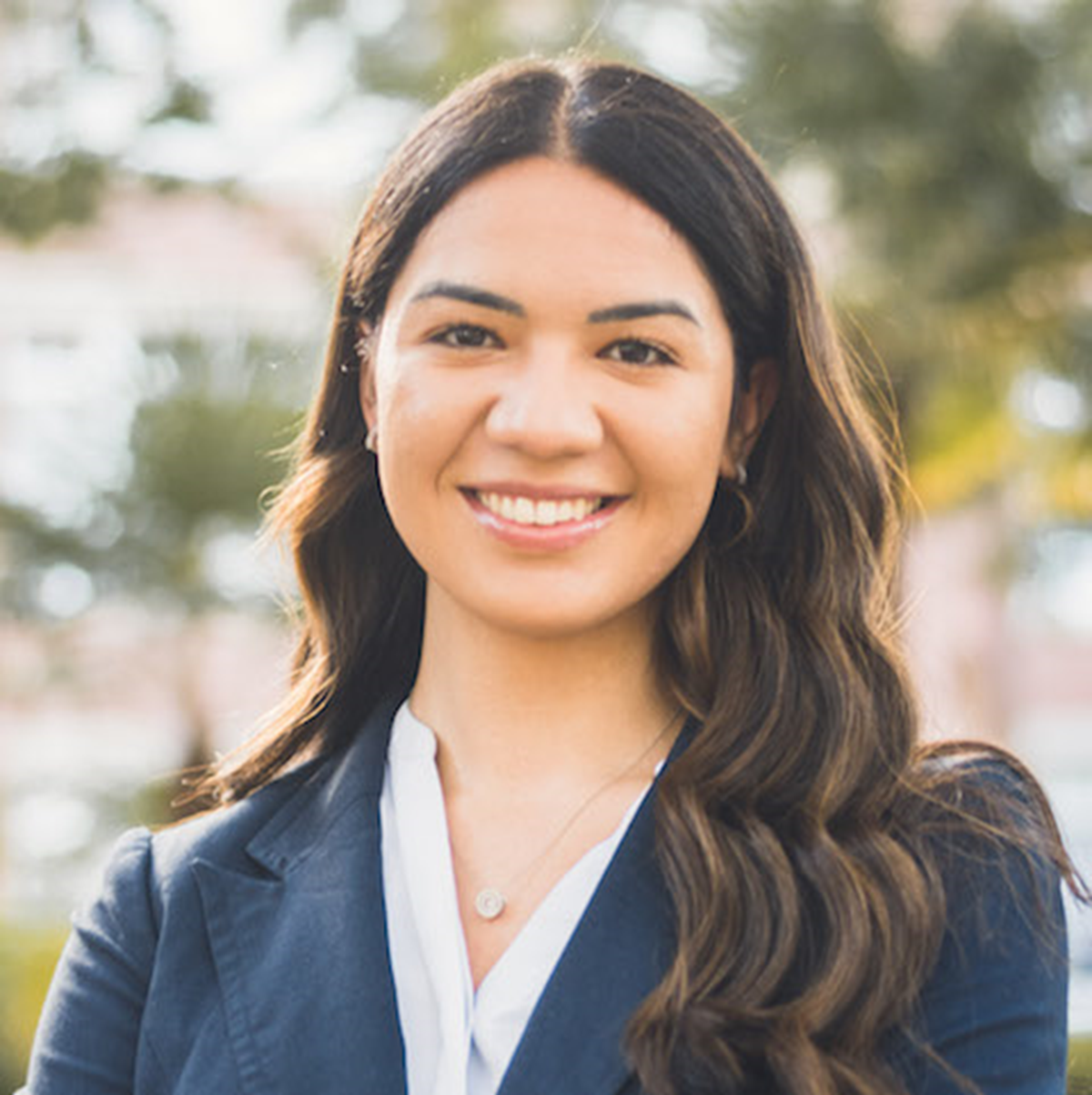
Nicole recently got accepted to FIU Herbert Wertheim College of Medicine and UF College of Medicine.
Nicole says “Through my time in your lab, you taught me how to carry myself professionally, how to think critically, how to work in a team, and how to lead, teach, and encourage others. These are lessons and skills that undoubtedly helped me get into medical school!”
May 2018-April 2019
As an InvestiGator and Ketobuddy, I helped oversee the care of specific PKT patients by helping to make their specialized cookbooks, assisting Dr. Borum in their therapy initiations and clinic visits, entering their data, and writing their visit summaries. I also helped train new lab members on lab procedures, data entry, and creation of diet recipes based on a patient’s preferences.
University of Florida, College of Agricultural and Life Sciences listserv emails
What attracted me was the lab’s focus on using food as medicine, a concept rarely considered in the medical field.
I remember the daily experiences of preparing for diet initiations, entering data, conducting food runs, making specialized cookbooks, training new lab members, and assisting Dr. Borum in clinic. Each of these experiences had a profound impact on both my personal and professional life, allowing me to develop my organizational, leadership, communication, and critical reasoning skills.
The greatest skill I developed was self-confidence. My experience in the lab allowed me to see the capacity I have to learn, grow, and impact the lives of others. It gave me the confidence to dream bigger and pursue my passion of caring for under-served communities. Now, as Social Service Coordinator of a health justice non-profit, I run a Spanish referral helpline, coordinate monthly food drives, and collaborate every day with community health workers, organizations, and institutions to improve access to care and build up immigrant communities.
I would suggest to stay organized, create to-do lists, and journal your experiences. When life gets overwhelming, remember to keep things in perspective by taking every failure or challenge as an opportunity to grow.
Don’t be afraid to dream and pursue those dreams.